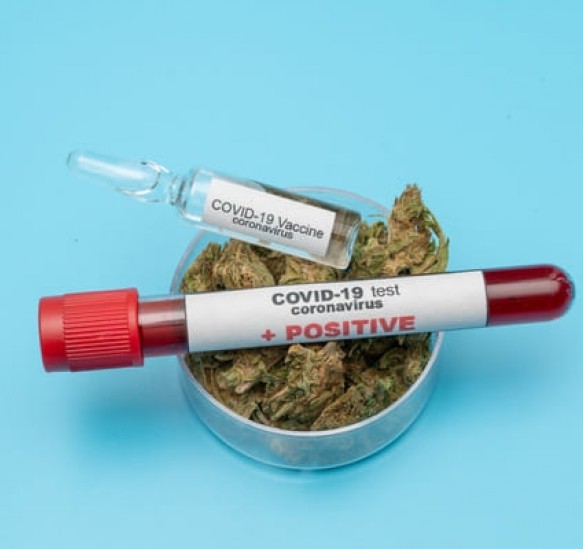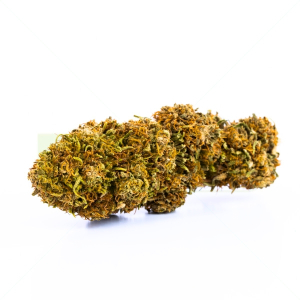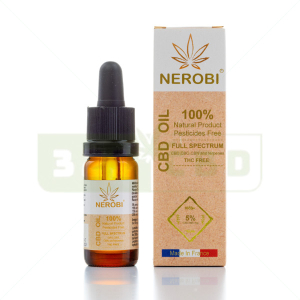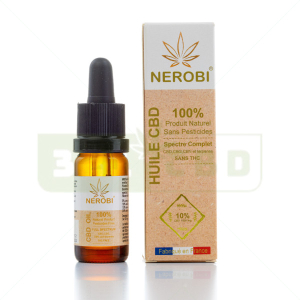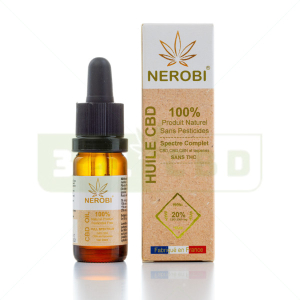Reducing the infection of cells by the coronavirus thanks to two molecules contained in hemp
A recent study conducted by a team of scientists from the Linus-Pauling Institute in Oregon and the Oregon University of Science and Medicine, also published in the Journal of Nature Products, demonstrated the effectiveness of different cannabinoids in blocking the access of SARS-CoV-2 to cells grown in the laboratory. These encouraging preliminary results make further research in this area legitimate, but they do not indicate that cannabinoids are reliable and effective treatments for the Covid virus.
As a first step, two molecules in particular have been identified for their ability to bind to the spike protein of the coronavirus and its variants. These are CBDa and CBGa, the acidic versions of CBD and CBG. Next, it was their neutralising action on the virus that was tested. To do this, the scientists incubated virions in the presence of CBGa and CBDa, before mixing them with Vero6 cells in culture. After 24 hours, they examined them for traces of the virus' RNA and found that the genetic material of the Covid was not present in the cells at all.
More research needed before it can be considered for use in the human body
The effects of the compounds CBGa and CBGa and were tested by the researchers on the alpha and beta variants. From what they were able to observe, they estimate that 24 µg/ml of CBDa and 37 µg/ml of CBGa would be needed to achieve a 50% reduction in infections in vitro, although these quantities may vary depending on the type of variant. In any case, the authors of the publication state that these data, although high, could be clinically feasible. Moreover, mixing CBDa and CBGa would be even more effective because of their perfectly complementary and compatible fields of action.
However, this research is still in its infancy and more research is needed to understand the real benefits of these molecules in terms of coronavirus resistance.

